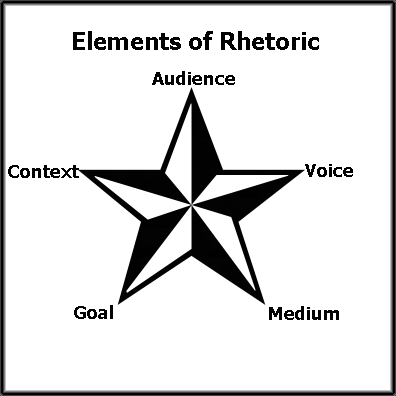by: Caitlin Holmes
Caitlin Holmes is the Assistant Director of Writing Across the Curriculum at George Mason University. She blogs regularly about teaching here at thewritingcampus.com. You can reach her via email at [email protected].
During a pre-semester meeting to discuss the QEP assessment findings of Mason’s English 302 Students-as-Scholars Program, instructors of our Advanced Composition courses went over the primary student learning outcomes (SLO):
- SLO-1, Discovery: Understand how they can engage in the practice of scholarship at GMU
- SLO-2, Discovery: Understand research methods used in a discipline
- SLO-3, Discovery: Understand how knowledge is transmitted within a discipline, across disciplines, and to the public
- SLO-4, Inquiry: Articulate and refine a question
- SLO-5, Inquiry: Follow ethical principles
- SLO-6, Inquiry: Situate the scholarly inquiry [and inquiry process] within a broader context
- SLO-7, Inquiry: Apply appropriate scholarly conventions during scholarly inquiry/reporting
What those discussions reinforced for my colleagues and me is that engagement in scholarship and knowledge transmission requires that students have advanced reading practices that often are not overtly discussed – or are sometimes presumed as proficiencies – as we work on writing competencies.

